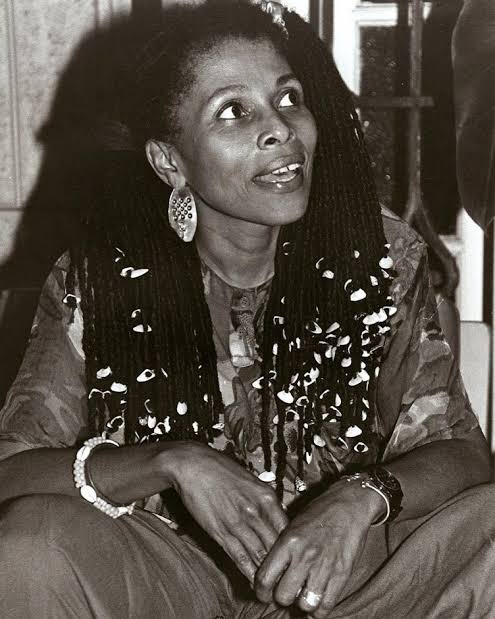Assata Shakur—born Joanne Deborah Byron, also known as Joanne Chesimard—has died in Havana, Cuba, at the age of 78. Cuban authorities and her daughter, Kakuya Shakur, confirmed her passing, citing “health conditions and advanced age.”
Though her life was complex and controversial, few figures in modern Black political history have been as polarizing yet enduring.
A Life of Activism, Escape, and Exile
- Assata was a member of the Black Panther Party and later the Black Liberation Army, committed to radical activism in the 1960s and 1970s.
- In 1977, she was convicted for the murder of New Jersey State Trooper Werner Foerster after a 1973 shootout on the New Jersey Turnpike.
- Two years later, in 1979, she escaped from prison with help from supporters. She eventually resurfaced in Cuba, where she was granted asylum and remained in exile.
- Over the decades, she remained on the FBI’s Most Wanted Terrorists list, becoming a symbol for some as a resistance figure and for others as a fugitive who evaded U.S. justice.
Connection to Tupac and Legacy in Culture
- In popular narratives, Assata is often identified as the godmother (or a spiritual aunt figure) to Tupac Shakur, tying her legacy more closely to the hip-hop community.
- Her life, writings, and legend have been referenced by artists, activists, and scholars, making her a lasting figure in debates on state power, Black liberation, and justice in America.
Reflection and Controversy
- Her supporters say she was unjustly targeted, a victim of political suppression, and a courageous symbol of resistance.
- Critics point to her conviction and the gravity of the trooper’s death, insisting she should have faced accountability.
- Whether seen as a hero or fugitive, her passing marks the end of a chapter that spanned decades of legal, moral, and ideological debate.
Let me know if you’d like a short social media version, caption and thumbnail idea, or a version that emphasizes her relationship with Tupac more.





















0 Comments